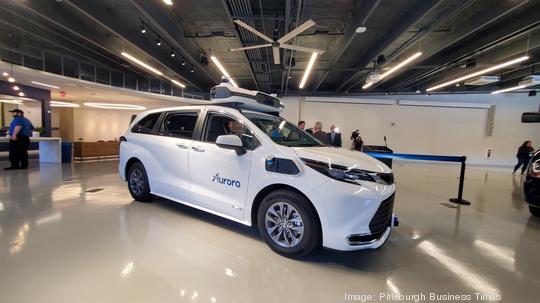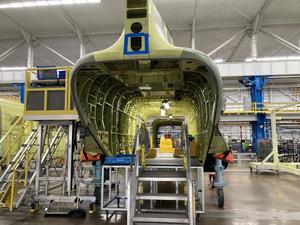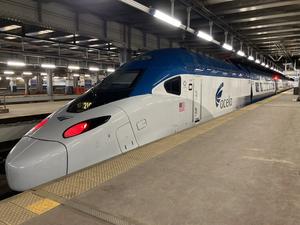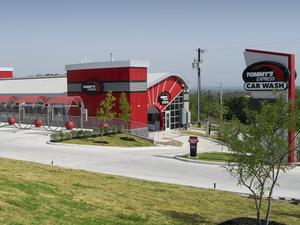
A bill in Harrisburg that would allow for autonomous vehicles to operate on Pennsylvania's roads without a human inside of them has advanced one step closer to becoming reality following its passage in the state House of Representatives on Monday.
It now goes to the Pennsylvania Senate for further consideration and potential vote before it can be sent to Gov. Tom Wolf's for signage into law, an action he said he would do in April.
House Bill 2398 passed with a vote of 123 in favor and 77 opposed, with nearly all Republicans voting for the bill as most Democrats voted against it. It's the first of two bills to advance to the other chamber in the legislature that touches on permitting AVs in the state to operate without humans needing to be inside of them; Senate Bill 965 — first introduced with great fanfare in Pittsburgh back in January — appears to no longer be in consideration.
The House bill's progression is seemingly still on track for a potential final passage this summer, which is when Pennsylvania AV industry experts anticipate it becoming law.
Pittsburgh has served as the founding home for several AV companies over the past few years including Aurora Innovation Inc. and Argo AI LLC, and Locomation Inc. The region's AV industry employs nearly 7,000 workers across these companies and others that have operations in the Pittsburgh area.
Current Pennsylvania law bars vehicles from operating on public roads without a human safety driver present inside the vehicle; someone who is able to take control at moment's notice should the vehicle run into an obstacle or challenge that it's not able to navigate on its own. HB 2398, if passed, would amend that requirement while also ensuring certain safety requirements — like the maintaining of a $1 million insurance liability requirement for AV operators in the event of an accident — would remain.
According to the Insurance Institute for Highway Safety, a dozen states and the nation's capital explicitly allow AV companies to conduct testing without requiring a human to be in the vehicle, while several others don't outright prohibit the ability for these companies to do so.
Alabama, California, D.C., Louisiana, Maine, Michigan, North Carolina, Ohio, Tennessee, Texas, Utah, Washington and West Virginia are the states that currently do not require an operator to be in the vehicles, according to IIHA. Oklahoma will join these states on Nov. 1, according to IIHA.






